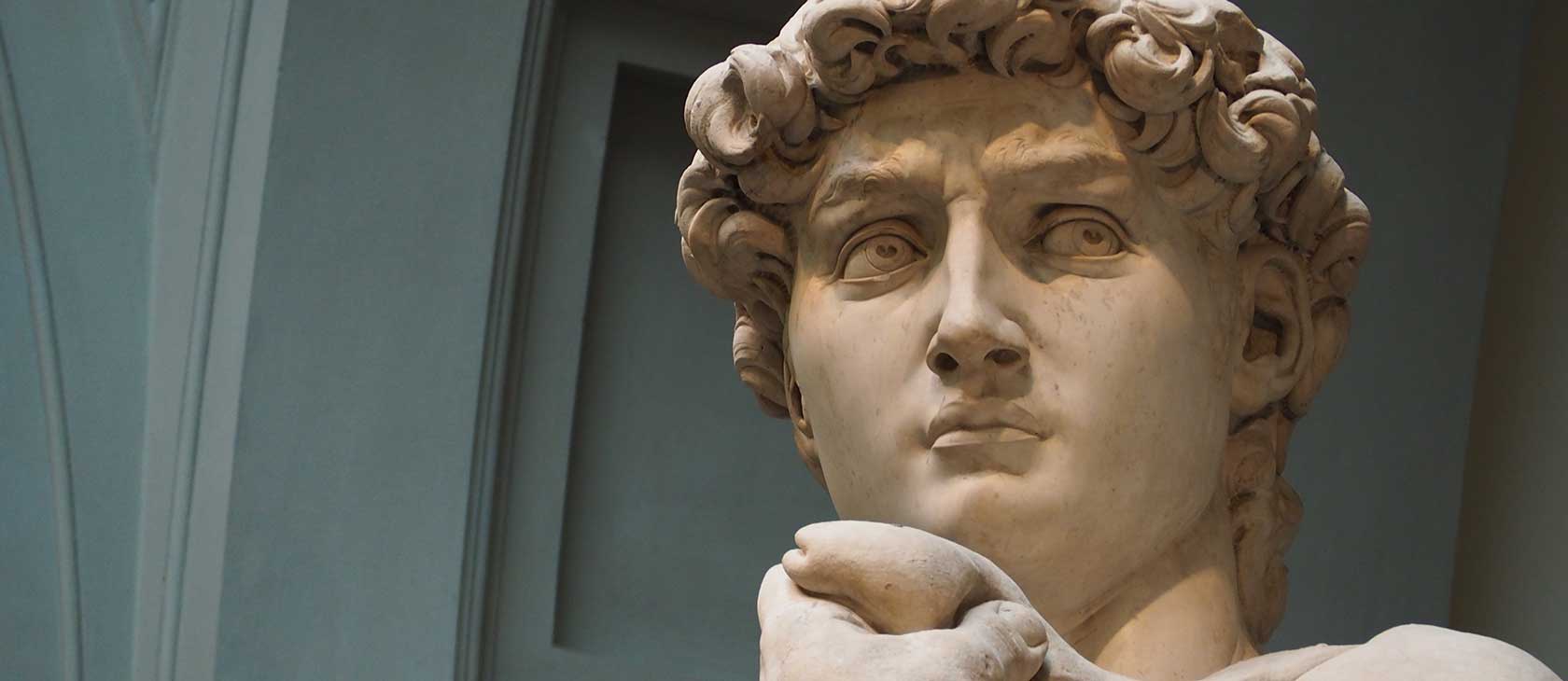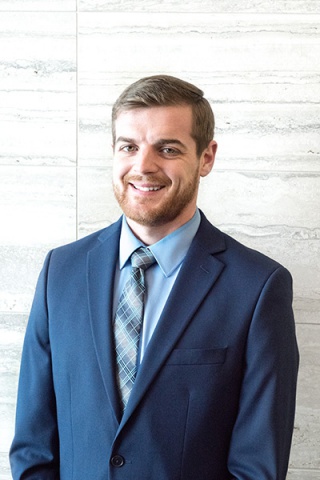In 2016, students at Yale University called on the university to “decolonize” a reading list of canonical poets – people such as Shakespeare, Milton, Wordsworth, and so on – saying the course “actively harms students” and creates a “hostile” academic culture. The same year, students at Stanford University overwhelmingly voted down a proposal to restore a Western Civilization course requirement. This January, the University of Notre Dame announced that it will cover up a dozen “problematic” murals of Christopher Columbus’ exploits in the New World. And this summer, the San Francisco Board of Education voted to paint over an 83-year-old mural of George Washington – which was critical of his treatment of American Indians – at a district high school, calling the destruction a form of reparations.
My goal here is not to pass judgment on any particular one of these events but to comment on a prevailing attitude that promotes a one-sided focus on Western culture’s faults and failures. This method presents every affront to (highly selective) sensibilities as emblematic of broad, insidious currents that have been built into our civilization. It is ironic that, in an era in which self-esteem is touted as paramount, our cultural self-esteem has disintegrated.
Much contemporary dismissiveness centers on the idea of the “whiteness” of Western civilization in general and many of its shining lights in particular. This is not the place to go down the rabbit hole of “institutional racism,” or “critical race theory,” or any of today’s chic academic causes. I will limit myself to pointing out that I (and not just I) say the West is great not because of its members’ race, but because of the cultural value it has produced and continues to transmit. Look back at the writers rejected by Yale students. Yes, they were white. But Shakespeare is a great author because he produced great literature, not because of what race he happened to be. Aquinas, Descartes, and Kant are remembered not for their skin color but for their contributions to the world of ideas. A Monet painting is a great painting quite apart from the physical characteristics of the person who painted it. And so on, across every discipline and cultural milestone of the Western canon. The equation of “West” with “white” does not hold up in itself. Did the West cast off Augustine because he was African or Gabriel García Márquez for being Hispanic? Did critics of the West ever laud them because of it?
In many quarters, especially “progressive” ones, it has become unacceptable to praise the West as such: We can only make endless acts of atonement for our past sins. Obviously, the sins of the West, just like the sins of any culture, deserve our condemnation. But the very fact that we can recognize those events as sins – that we can engage in self-criticism – is a testament to the greatness of the West.
Moreover, those shortcomings are far from being the entirety of the Western cultural tradition. Simple justice – to say nothing of filial respect – demands that we give the West’s greatness its due. When someone says he loves his parents, no one imagines he means his mother and father are perfect. In the introduction to their 2004 Patriot’s History of the United States, Larry Schweikart and Michael Allen put it well. “We utterly reject ‘My country right or wrong’ – what scholar wouldn’t? But in the last thirty years, academics have taken an equally destructive approach: ‘My country, always wrong!’ We reject that, too.” Replace “country” with “culture,” and their approach fits the West.
On July 6, 2017, Donald Trump gave a speech in Krasiński Square in Warsaw that touched on some of these ideas. Whatever one may think of President Trump or his sincerity, for me it was refreshing to hear words like these uttered on a world stage:
We write symphonies. We pursue innovation. We celebrate our ancient heroes, embrace our timeless traditions and customs, and always seek to explore and discover brand-new frontiers.
We reward brilliance. We strive for excellence and cherish inspiring works of art that honor God. We treasure the rule of law and protect the right to free speech and free expression.
We empower women as pillars of our society and of our success. We put faith and family, not government and bureaucracy, at the center of our lives. And we debate everything. We challenge everything. We seek to know everything so that we can better know ourselves.
And above all, we value the dignity of every human life, protect the rights of every person, and share the hope of every soul to live in freedom. That is who we are. Those are the priceless ties that bind us together as nations, as allies, and as a civilization …
Our own fight for the West does not begin on the battlefield – it begins with our minds, our wills, and our souls. Today, the ties that unite our civilization are no less vital, and demand no less defense, than that bare shred of land on which the hope of Poland once totally rested. Our freedom, our civilization, and our survival depend on these bonds of history, culture, and memory.
It is true that Western civilization has not been an unalloyed good – no culture is. But it is a no less damaging approach to focus exclusively on the negative, as if one culture were uniquely evil. Some Westerners have declared their culture guilty of all the world’s ills, real or imagined. But not all evil comes from us, nor does all good originate from outside us. There is a lot of good along the path that has brought us where we are. Of that good that we can be proud, without apology.




